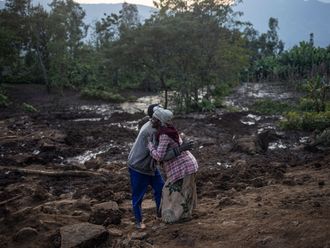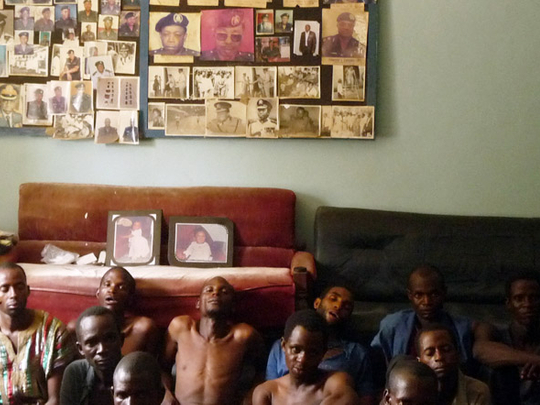
Jos: Christians and Muslims once shared their lives together in Nigeria's fertile central belt, buying each other's goods in mixed neighbourhoods and cultivating each other's farms across a sun-baked plateau.
But growing religious hatred, political and ethnic rivalries and increasing poverty have led to two outbursts of savage violence this year in which women and children and even babies were butchered, and that harmony seems lost forever. Now, many people carry weapons and man impromptu road blocks, fearful of the military, the police and each other.
Sunday's bloodshed, the more recent, was mostly about revenge. Christian villages near the city of Jos were attacked before dawn, less than two months after Muslims were targeted and a mosque torched, with hundreds killed, their corpses stuffed into wells and sewage pits.
Gunfire
Witnesses say Sunday's pre-dawn silence was broken by gunfire. Simple one-room houses were set ablaze, the flames illuminating villages that have no electricity. People ran from their burning homes. Assailants with machetes were waiting. Many of those who were cut down were children. At least 200 died in the massacres.
One 20-year-old man arrested for allegedly taking part in Sunday's attacks said his family members died at the hands of rioters in January. Of those who were attacked on Sunday, he said: "There are some people that kill all our parents. We went to avenge what they did to us."
Nigeria, a nation of 150 million people, is almost evenly split between Muslims in the north and the predominantly Christian south. The recent bloodshed has been happening in central Nigeria, where dozens of ethnic groups vie for control of the nation's fertile "middle belt".
"Jos is a mini-Nigeria. All segments of Nigeria are here," said state police commissioner Ikechukwu Aduba.
Religious hatred, politics and poverty have been weaving a tapestry of violence across the middle belt.
National leaders appear to have little control over the region, like much of the rest of Africa's most populous nation. Acting President Goodluck Jonathan promised security forces would bring the city and outlying areas where 1 million people live under control, but many Christians fear the Muslim-dominated police force and military. In neighbourhoods, local youths armed with household knives and machetes have formed self-protection gangs, and scrutinise each passing vehicle.
All these tensions first boiled over in September 2001 in rioting that killed more than 1,000 people. Mobs of Christian young men roved the streets of Jos, asking people if they were Christian or Muslim. When a person answered Muslim, the mob would attack with knives, machetes and sticks.


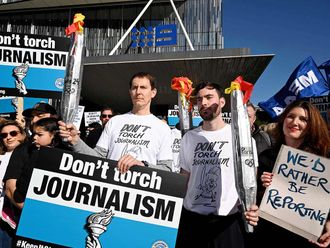



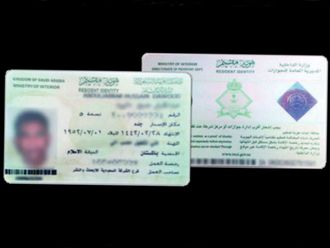

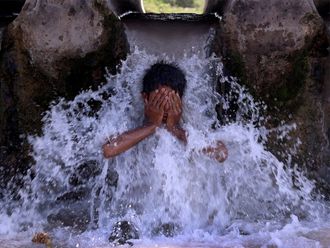

_resources1_16a30b3523c_small.jpg)
